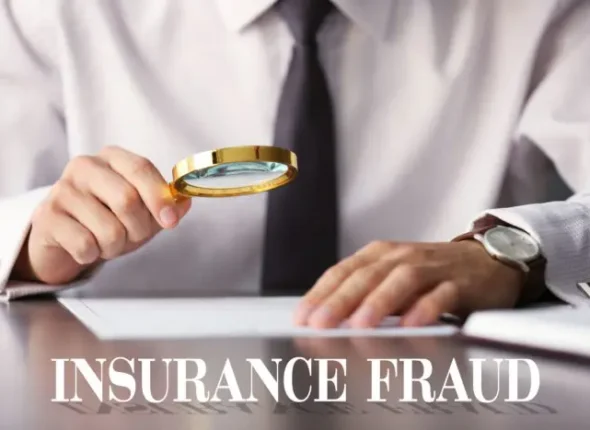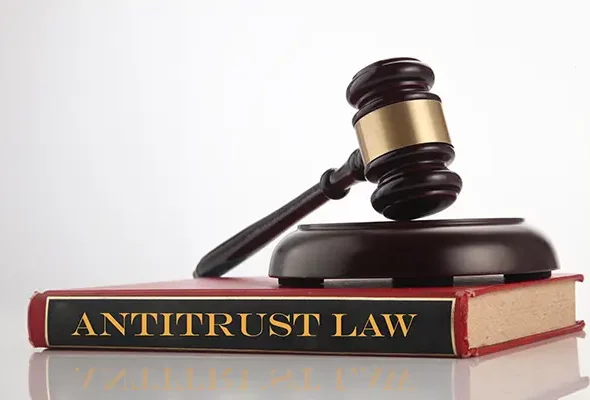Kansas CLE | Choose Your Plan | Search for a Course

Kansas MCLE Requirements:
Attorneys in Kansas must complete 12 hours of KS CLE (Continuing Legal Education) every year, including at least 2 hours of ethics or professionalism. These credits can be earned through Kansas Continuing Legal Education Commission–approved live seminars, webinars, or on-demand courses, offering flexibility to fit busy schedules. Attorneys are required to complete their CLE by June 30 and report compliance by July 31 each year, and failure to meet KS CLE requirements may result in fines or administrative suspension. Click Here for the Detailed KS CLE Article | Click here to Visit the KS MCLE Board.
How to Obtain CLE Credit for a Knowledge Group Course in Kansas:
To earn CLE credit with The Knowledge Group, complete the video courses, answer the secret word questions, and download your Certificate of Attendance. Please note that we do not automatically submit courses for accreditation in Kansas. Attorneys may not directly apply for CLE accreditation on behalf of the sponsor. Attorneys seeking pre-approved credit may email support@theknowledgegroup.zohodesk.com.
Attendance Reporting Procedure: The Knowledge Group submits attendance report for approved courses to Kansas State Bar.
Additional Resources: The Knowledge Group Comprehensive CLE Rules Page or contact CLE support.
Kansas CLE | Search for Single Courses
Wage & Hour FLSA Pitfalls | On-Demand Webinar
Edmund J. O’Meally Member | Pessin Katz Law, P.A. Jonathan L. Sulds...
Trade Secrets Law Updates | On-Demand Webinar
Ida T. Shea Managing Director | FTI Consulting John A. Stone Partner...
Bad Faith Litigation: Insurance Trends & Strategies | On-Demand Webinar
Perssis Meshkat Senior Associate | Arthur, Chapman, Kettering, Smetak & Pikala, P.A....
Internal Investigations: Navigating Privilege Risks | On-Demand Webinar
Margaret L. Watson Shareholder | Littler Mendelson P.C. Beth P. Weinman Counsel...
AI and Machine Learning in Capital Markets | On-Demand Webinar
In today’s fast-evolving financial landscape, Artificial Intelligence (AI) and Machine Learning (ML)...
Insurance Industry Fraud: Risk Mitigation Tactics | On-Demand Webinar
Kenneth P. Williams Shareholder | Segal McCambridge Singer & Mahoney A. Solomon...
Class Certification Trends in Antitrust Litigation | On-Demand Webinar
James Langenfeld Managing Director | Berkeley Research Group, LLC James A. Keyte...
FDA Enforcement Trends: Challenges & Opportunities | On-Demand Webinar
Joshua Oyster Partner | Ropes & Gray LLP Rebecca H. Williams Associate...
FINRA Arbitration Issues 2023 | On-Demand Webinar
Heather B. Middleton Counsel | Riker Danzig LLP Peter J. Tepley Partner...
Understanding KS CLE Requirements for Attorneys: A Complete Guide
Attorneys practicing in Kansas must maintain their professional competence and ethical standards through KS CLE—Kansas’s Continuing Legal Education program. This system ensures that attorneys remain up to date on evolving laws, maintain professionalism, and continue to serve clients effectively. For both newly admitted and seasoned lawyers, understanding KS CLE requirements is vital to maintaining an active license and avoiding compliance penalties.
KS CLE Requirements for Kansas Attorneys
The Kansas Continuing Legal Education Commission oversees the administration and compliance of KS CLE for all active attorneys. Each attorney licensed in Kansas must complete 12 credit hours of KS CLE every year, ensuring ongoing professional development and ethical accountability.
These hours must include:
• 2 hours of Ethics and Professional Responsibility
• 10 hours of General Credit
This structure allows attorneys to maintain balanced learning between substantive legal topics and the ethical considerations essential to the practice of law. The ethics requirement underscores the importance of professional conduct, honesty, and civility in every aspect of legal service.
How to Complete KS CLE Credits
Kansas attorneys have multiple options to fulfill their KS CLE credits through approved educational formats. While traditional classroom programs remain a strong choice for interactive and networking opportunities, the flexibility of online learning has made it easier than ever for attorneys to complete their requirements on time.
Approved methods for earning KS CLE credit include:
• Live In-Person Seminars – Engage with faculty and peers in person for collaborative learning.
• Live Webcasts and Virtual Programs – Participate remotely in real time from any location.
• On-Demand or Recorded Courses – Complete pre-approved courses at your own pace before the deadline.
• Teaching or Legal Writing – Attorneys may earn limited KS CLE credit for teaching accredited programs or authoring legal publications.
All courses must be approved by the Kansas Continuing Legal Education Commission. Attorneys are responsible for ensuring that their selected programs are accredited before participation. Kansas also allows attorneys to carry forward up to 10 excess general credits and 2 ethics credits into the next compliance period, offering flexibility for those who exceed annual requirements.
KS CLE Reporting and Deadlines
The compliance period for KS CLE runs annually from July 1 through June 30 of the following year. Attorneys must complete all required KS CLE hours within this time frame. The KS CLE Commission typically allows a short grace period, but late compliance may result in administrative fees or disciplinary actions.
By July 31, attorneys must ensure all credits are reported to the Kansas CLE Commission. Most accredited providers report attendance directly to the Commission, but it is ultimately the attorney’s responsibility to verify that their transcript is complete and accurate. Attorneys can track their progress and view transcripts through the Commission’s online reporting portal.
Failure to comply with KS CLE requirements may result in late penalties, and continued noncompliance can lead to suspension from active status. To prevent this, attorneys should regularly monitor their CLE status and retain proof of course completion for at least three years in case of audit.
Value of KS CLE
Beyond meeting regulatory requirements, KS CLE offers significant professional benefits. It keeps attorneys current with the latest developments in law, improves their advocacy and communication skills, and reinforces their ethical and professional judgment.
Examples of valuable KS CLE course topics include:
• Updates in Kansas civil and criminal law
• Legal ethics and client confidentiality
• Litigation and trial advocacy skills
• Business law, technology, and data privacy
• Diversity, equity, and inclusion in legal practice
Ethics and professionalism courses play an especially critical role, helping attorneys uphold the trust and integrity that clients and the courts expect. By engaging in KS CLE, lawyers strengthen their ability to adapt, lead, and deliver exceptional legal services across diverse practice areas.
Conclusion | KS CLE
In conclusion, KS CLE is not just a regulatory obligation—it is an ongoing investment in professional growth and ethical excellence for Kansas attorneys. By completing accredited courses, keeping accurate records, and reporting on time, attorneys remain compliant with state requirements while enhancing their knowledge and skills.
Through KS CLE, Kansas attorneys demonstrate a continuous commitment to learning, integrity, and service—ensuring that the state’s legal community upholds the highest standards of professionalism and public trust.
For the latest official KS CLE details, forms, and FAQs, attorneys should visit the Kansas State Unified Court System’s CLE Board website.












